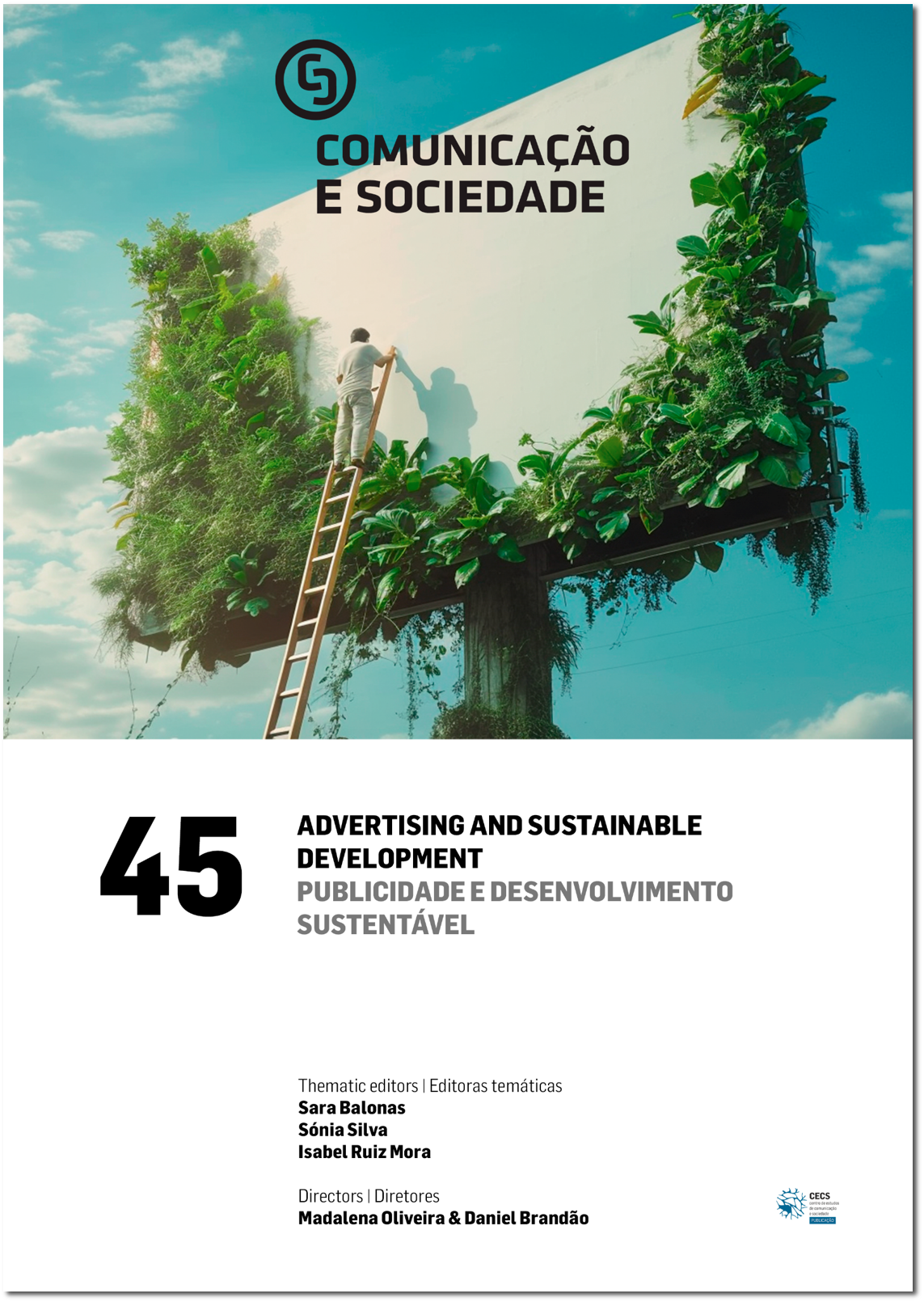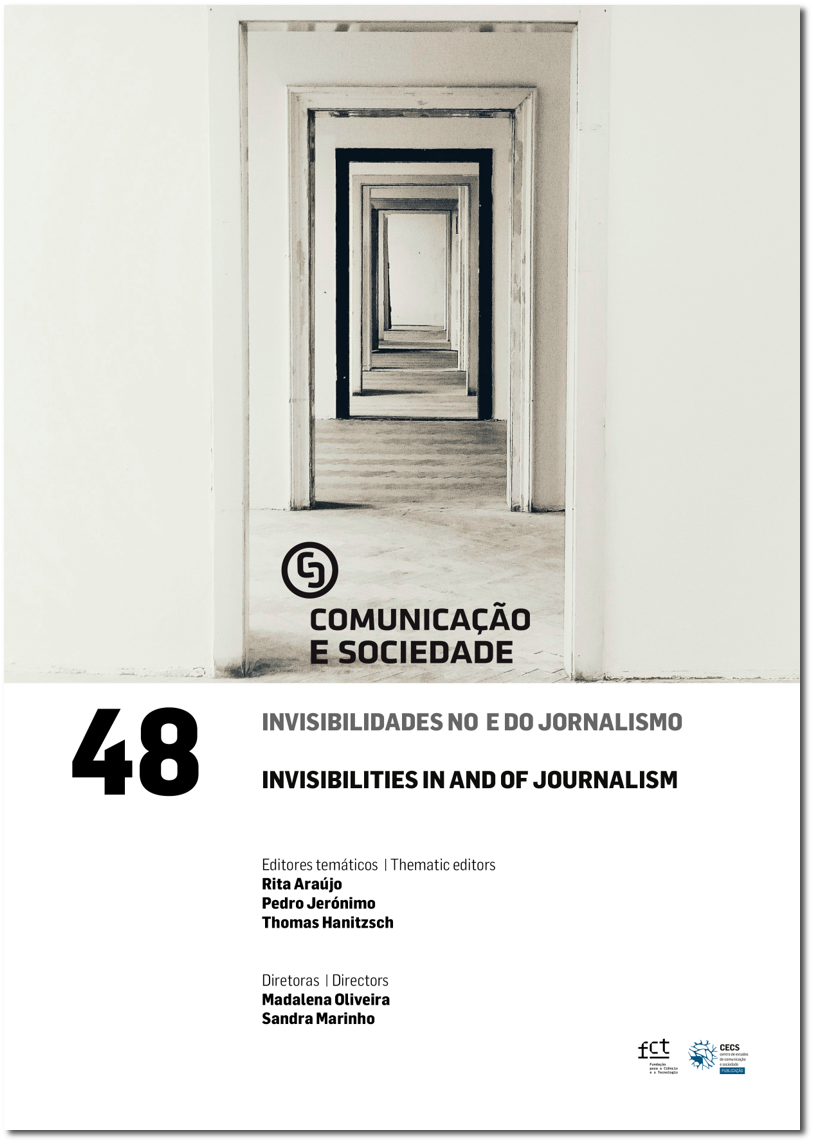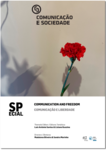The Role of Television in Shaping Democracy: An Old Dream with a Big Future?
DOI:
https://doi.org/10.17231/comsoc.45(2024).4893Abstract
Dominique Wolton (1947) needs no introduction within social sciences and outside the Anglo-Saxon sphere. There are 35 works by the French sociologist spread across 26 countries and 23 languages. Outside the academy, his recognition is equally wide, belonging, for example, to the National Order of the Legion of Honour, the highest French distinction established by Napoleon and limited to only 75 living people. With a PhD in Sociology, he admits that his main objective is to study communication in an interdisciplinary fashion, focusing on the relationship between the individual, technique, culture and society. Among the many books published, the following stand out for discussion: Éloge du Grand Public. Une Théorie Critique de la Television (In Praise of the General Public: A Critical Theory of Television; Wolton, 1990); Penser la Communication (Thinking Communication; Wolton, 1997); Internet et Après? Une Théorie Critique des Nouveaux Médias (Internet and Then? A Critical Theory of New Media; Wolton, 1999); Sauver la Communication (Save the Communication; Wolton, 2005); Informer N’est pas Communiquer (Informing Is Not Communicating; Wolton, 2009); and Communiquer, C’Est Négocier (To Communicate Is to Negotiate; Wolton, 2022).
Downloads
References
Wolton, D. (1990). Éloge du grand public. Une théorie critique de la television. Flammarion.
Wolton, D. (1997). Penser la communication. Flammarion.
Wolton, D. (1999). Internet et après? Une théorie critique des nouveaux médias. Flammarion.
Wolton, D. (2005). Sauver la communication. Flammarion.
Wolton, D. (2009). Informer n’est pas communiquer. CNRS Éditions.
Wolton, D. (2022). Communiquer, c’est négocier. CNRS Éditions.
Downloads
Published
How to Cite
Issue
Section
License
Copyright (c) 2024 Abílio Almeida, Dominique Wolton

This work is licensed under a Creative Commons Attribution 4.0 International License.
Authors own the copyright, providing the journal with the right of first publication. The work is licensed under a Creative Commons Attribution 4.0 International License.











